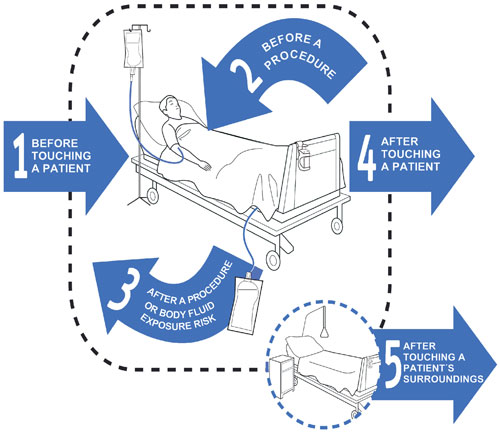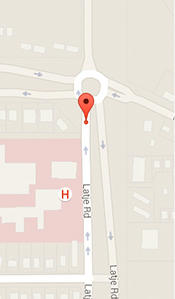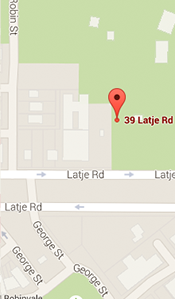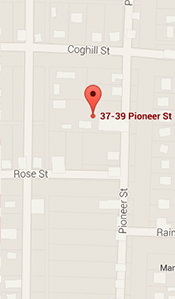The overarching role of infection control is to provide the safest possible environment for staff, patients and consumers of the health service in relation to infections and related diseases.
To accomplish this, infection control is involved in almost all areas of the health service where they educate, monitor for cleanliness and infections, set policy direction, measure practice against standards and generally ensure that staff and patients alike are aware of infection prevention methods.
Immunisations are part of the service offered to all staff of the health service aiming to provide the highest level of protection against vaccine preventable diseases.
A range of Infection Control resources are available at RDHS
Cleaning Audits
Consumers expect health facilities to be kept clean and well maintained. Staff members at health facilities also have the right to a workplace in which they are able to deliver healthcare services safely and effectively.
The cleaning standards for Victorian health facilities aim to improve the quality of healthcare provision by ensuring that all risks involving cleaning are identified and managed in an appropriate manner.
Victorian health services are required to undertake cleaning audits throughout the year and provide results to the department.
Cleaning Audits are conducted monthly at the Robinvale Main Campus and bi-monthly at Manangatang Campus.
For the latest Audit results click on the link below.
Hand Hygiene
World Health Organisation Hand Hygiene initiative, ‘5 Moments for Hand hygiene’ is implement at RDHS and Staff are monitored for hand hygiene compliance to the five moments for hand hygiene.
Infection Control staff monitor hand hygiene compliance by direct observation of staff and this data is reported quarterly to the Department of Health Victoria.
For the latest data reported see below.
Improved hand hygiene significantly reduces the risk of infection spreading to our patients, clients, volunteers, staff, visitors and contractors.
Alcohol based hand rub is provided across RDHS and is available when passing through all RDHS Campuses. Visitors and patients are encouraged to use the rub when visiting any campus of RDHS, and it is ok to ask our staff if their hands are clean prior to providing care.
My 5 Moments for Hand Hygiene
The My 5 Moments for Hand Hygiene approach defines the key moments when health-care workers should perform hand hygiene.
This evidence-based, field-tested, user-centred approach is designed to be easy to learn, logical and applicable in a wide range of settings.
This approach recommends health-care workers to clean their hands
- before touching a patient,
- before clean/aseptic procedures,
- after body fluid exposure/risk,
- after touching a patient, and
- after touching patient surroundings.

Antibiotic Usage
Antimicrobial resistance has been labelled one of the greatest threats to human health today. The inappropriate use of antibiotics contributes to antimicrobial resistance.
Patients with infections due to resistant bacteria experience delayed recovery. Inappropriate use of antibiotics also increases the risk of harm to patients from avoidable adverse reactions.
Antibiotic resistance is increasing and the development of new antibiotic agents is declining.
Australian health services face the challenge of reducing the inappropriate and over use of antibiotics. Antimicrobial stewardship has been introduced with the aim of reducing unnecessary use of all antimicrobial, and to promote those antimicrobial less likely to select resistant bacteria.



